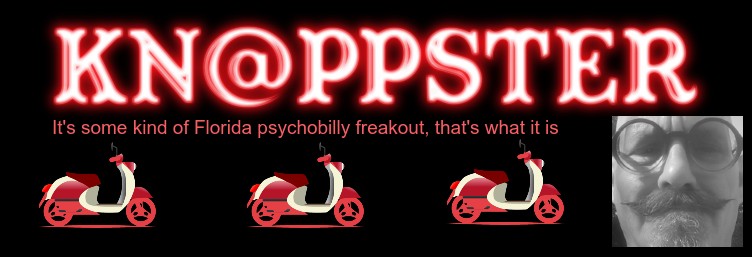So "left-libertarianism" is whatever those who find affinity with the Right don't like about some libertarians with whom they disagree. Of course, the same goes the other way. Left-libertarians can sneer as "conservative" anyone whose radicalism manifests itself in different ways. If I'm not "really" a left-libertarianism [sic], it's because my own priorities may be different, even if my same basic commitment to equal rights is the same.
I'm not going to express an opinion on whether or not Wilson is personally a "left-libertarian," and I do recommend his article for some of the salient points it makes, but I'm going to take yet another stab at this whole "left versus right" in libertarianism thing.
"Left" (libertarian or otherwise) goals are generally framed in terms of transformation of society into something new and different in the future. The past is, for the most part, rejected. Apparently neither Diderot nor Meslier was responsible for the exact quote "man will never be free until the last king is strangled with the entrails of the last priest," but whoever said it, it's a fair (if harsh) summation of the "left" approach to the forms of the past.
"Right" (libertarian or otherwise) goals are generally framed in terms of anchoring the existing society to particular norms of the present or recollected (accurately or otherwise) past. The past is -- or at least particular fragments of the past are -- effectively worshiped. The "right" of the past only grudgingly gave up monarchy and most "rightists" -- even libertarian ones -- still look to religion (or at least the institution of the church) as a natural cornerstone of the society they're trying to build (or re-build).
Of course, both of these approaches have obvious defects. Forgetting the lessons of the past is convenient to the "left" methodology; rejecting out of hand any proposal which isn't tethered to some specific past condition is convenient to the "right" methodology.
For me, the dispositive argument in favor of the "left" approach is that there is no past libertarian societal model to return to. The next libertarian society will be the first libertarian society. That's not to say that no past or present conditions (for example, absence of state licensing for marriage) will be re-created in a future libertarian society. But any such re-creation of conditions will be incidental -- those re-created conditions will exist in a new context.
I'm as prone as anyone to cite past conditions ("prior to the 1830s, there were no government marriage licenses in the US;" "in 1893, a six-year-old could drop in at the local apothecary and pick up a bag of morphine for mom, no law against it") as evidence that current state impositions are not and never were necessary ... but that's a weak form of argument. According to US News & World Report, there were only ten miles of paved road in the US as of 1900; would eliminating paved roads today make us freer? I don't see how it would. The lessons of the past are limited.
Wilson again:
I think the left-libertarian agenda may be too closely perceived as a war against "traditional conservatism" and the "Christian Right" and whatever it may stand for. I myself loathe what has passed for the Christian Right and what it stands for. But the enemy is not any real or imagined mystic or bigot. The enemy is The State.
But the state has a particular history, and exists in the context of that history. If it's a tree, it's a big oak deeply rooted in particular soil. The "right" approach is a considered pruning of the tree or, at the libertarian extreme, cutting it low on the trunk and leaving the stump and roots. The "left" approach is removal -- "root and branch" as the saying goes -- and replacement with something entirely new. You can't remove the roots without disturbing the soil around them.

No comments:
Post a Comment